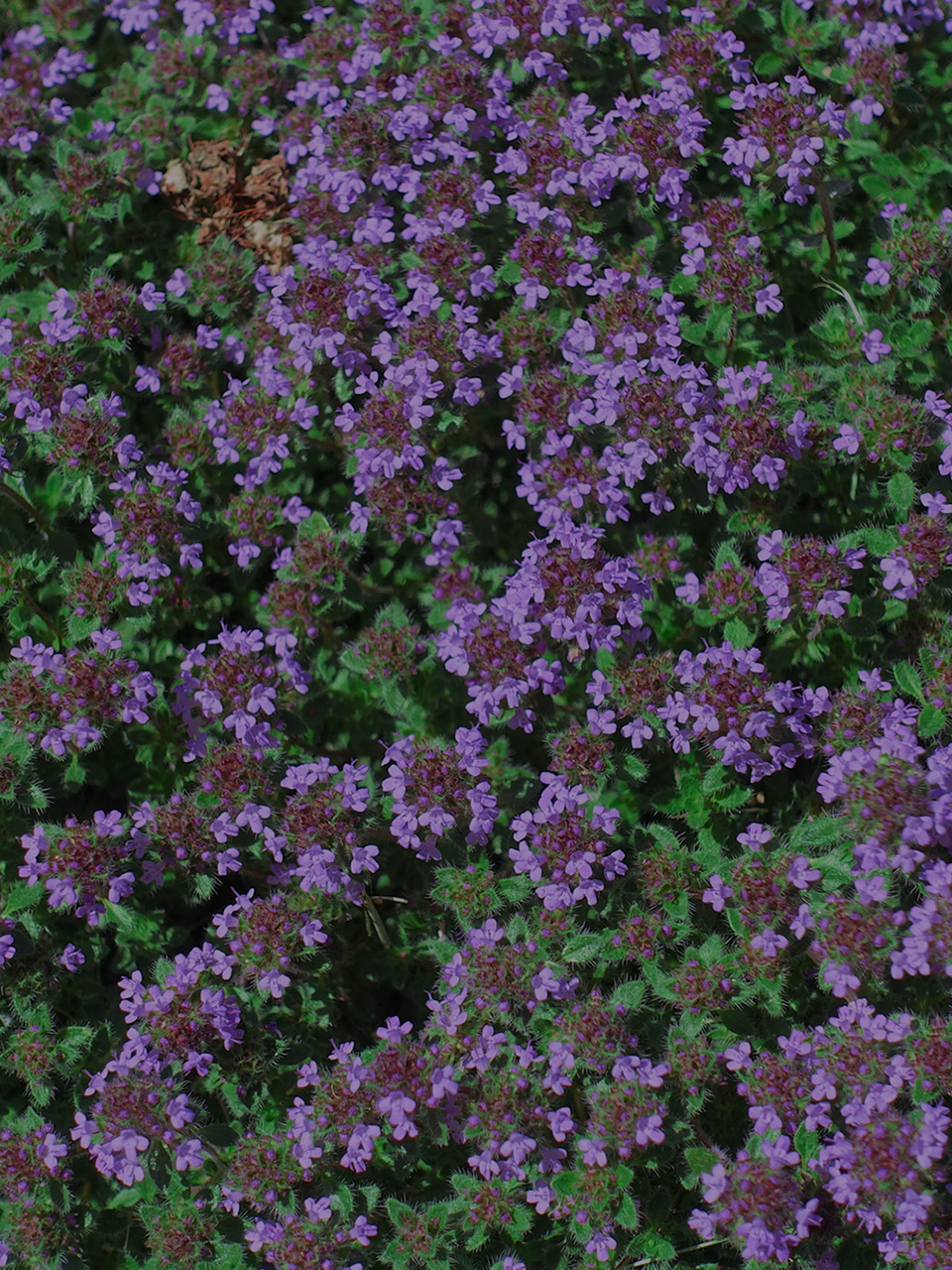
Tap to Read ➤
Herbs for Dry Cough
Bhakti Satalkar


Dry cough is a condition which can affect people in any age group. To treat the condition, one can make use of different herbs, as they are very effective and often without side effects as well...

Cough without phlegm is known as dry cough. It is actually a defense mechanism employed by the body to clean the airway from substances which are causing a hindrance in breathing effectively. When dry cough has been persistent for a long period of time, it may cause the lungs to produce more phlegm. The causes of this condition are varied and range from viral and bacterial infection to foreign body obstruction in the airway, smoking, congestive heart failure, etc.

Dry cough can be treated quite effectively using herbs. One of the commonest herbs for treating dry cough is ginger. Most of us are aware that ginger can be used for treating a wide range of ear-nose-throat problems.

Herbal Remedies for Dry Cough

Herbal remedies help in eliminating dry cough, as well as itching and irritation in the throat. The herbs for relieving dry cough are often taken in combination either with milk or with tea. In some cases, the herbs can also be a part of a concoction for dry cough.

Mucilage
In most cases, people who suffer from dry cough suffer from dry throat as well. Taking mucilage helps in coating the inner walls of the throat, which in turn soothes the throat. It is often taken in conjunction with herbal tea. Let the herb steep in the tea, then strain the tea and consume while warm.

Marshmallow Root
As the name suggests, marshmallow root is the root of the Althaea officinalis plant. Like mucilage, the marshmallow root also helps in soothing the throat. The leaf of the plant also has medicinal properties and is useful in soothing the throat and healing dry cough symptoms.

Licorice Root
There are many home remedies for dry cough, which make use of licorice root. The root has soothing properties and is also well-known as an expectorant. It also helps in strengthening the immune system, which in turns helps in getting rid of dry cough, if it is caused due to an infection, etc.

Lobaria
Lobaria is one of the herbs that helps during cough and colds. It helps in relaxing the respiratory muscles and decreases pain caused by coughing. The mucus membranes are soothed and inflammation is reduced with the use of lobaria. After taking the herb, there is increase in mucus in the throat, which in turn helps in reducing dryness and irritation. Hence, it is important that the herb is not used when a person has wet and phlegm producing cough.

Red Clover Flower
If you are looking for a natural expectorant, then you will not have to look beyond the red clover flower. Apart from being an expectorant, it also has anti-spasmodic and anti-inflammatory properties, which further help in the condition. It is also helpful in cleaning the lymphatic vessels.

Thyme Leaves
One of the commonly used herbs for treating dry cough are the thyme leaves. These leaves have antibacterial properties which prove to be helpful if dry cough is caused due to a bacterial infection. It is also beneficial for treating dry cough caused due to a viral infection. Like the red clover flower, it is also an expectorant and has anti-spasmodic properties.

Peppermint Leaves
It is used for treating a wide range of cold and cough symptoms. The menthol in the leaves acts like a decongestant and helps in thinning of the mucus. It helps in soothing and calming the throat, which in turn helps in treating dry cough symptoms.

Eucalyptus
One of the best remedies for all sorts of ear-nose-throat problems is eucalyptus. It can be added to water, while taking steam, as it helps in loosening phlegm and acts like a decongestant. Sprinkling a couple of drops of eucalyptus oil on a handkerchief and inhaling the oil also proves to be beneficial.

These were some of the herbs for dry cough. Before using any of the herbs, it is important to conduct an allergy test, to ensure that the person is not allergic to the herb. It is also advisable to consult your health care professional, so that you use the right herbs for your condition.